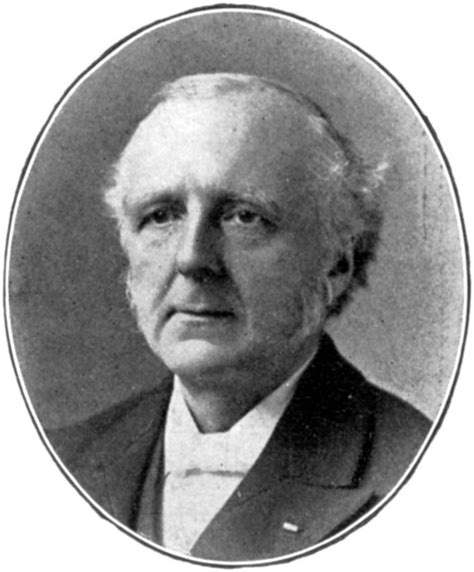A Quote by Dallin H. Oaks
The distinction between feelings or inclinations on the one hand, and behavior on the other hand, is very clear. It's no sin to have inclinations that if yielded to would produce behavior that would be a transgression. The sin is in yielding to temptation. Temptation is not unique. Even the Savior was tempted.
Related Quotes
Little sins carry with them but little temptations to sin, and then a man shews most viciousness and unkindness, when he sins on a little temptation. It is devilish to sin without a temptation; it is little less than devilish to sin on a little occasion. The less the temptation is to sin, the greater is that sin.
Homosexual feelings are controllable. Perhaps there is an inclination or susceptibility to such feelings that is a reality for some and not a reality for others. But out of such susceptibilities come feelings, and feelings are controllable. If we cater to the feelings, they increase the power of the temptation. If we yield to the temptation, we have committed sinful behavior. That pattern is the same for a person that covets someone else's property and has a strong temptation to steal. It's the same for a person that develops a taste for alcohol.
Temptation may even be a blessing to a man when it reveals to him his weakness and drives him to the almighty Savior. Do not be surprised, then, dear child of God, if you are tempted at every step of your earthly journey, and almost beyond endurance; but you will not be tempted beyond what you are able to bear, and with every temptation there will be a way of escape.
Ingratitude is the frost that nips the flower even as it opens, that shrivels the generous apple on the branch, that freezes the fountain in mid-flow and numbs the hand, even in the very act of giving. It is a sin of silence, absence and omission, as winter's sin is a lack of light; a sin against charity, which otherwise warms the heart and, in the truest sense, makes the world turn.
Faith stands or falls on the truth that the future with God is more satisfying than the one promised by sin. Where this truth is embraced and God is cherished above all, the power of sin is broken. The power of sin is the power of deceit. Sin has power through promising a false future. In temptation sin comes to us and says: "The future with God on his narrow way is hard and unhappy, but the way I promise is pleasant and satisfying." The power of sin is in the power of this lie.
To say that a man is sinful because he sins is to give an operational definition of sin. To say that he sins because he is sinful is to trace his behavior to a supposed inner trait. But whether or not a person engages in the kind of behavior called sinful depends upon circumstances which are not mentioned in either question. The sin assigned as an inner possession (the sin a person "knows") is to be found in a history of reinforcement.
































